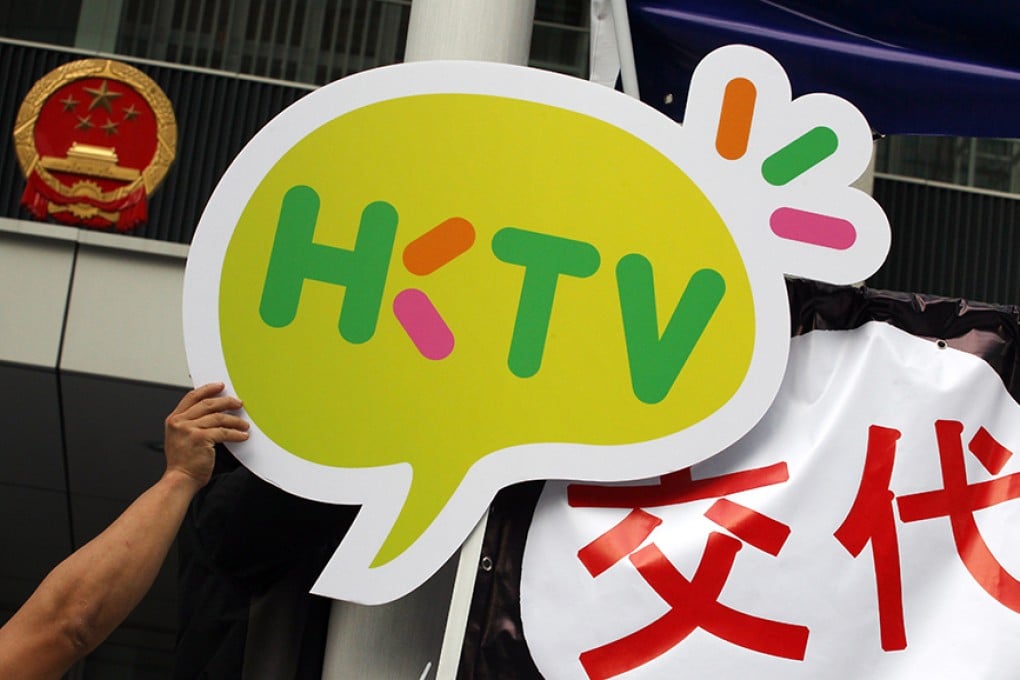Culture Club | Why quality TV in Hong Kong is dead - and won't be resurrected

It’s been over a week since the decision was made and despite tens of thousands taking to the streets on Sunday the government remains tight-lipped over why it chose to go against the original television policy and denied Hong Kong Television Network’s (HKTV) bid for a free-to-air TV licence.
Conspiracy theories speculating the reasons behind HKTV’s failure have been circulating and are getting more creative than the station’s own drama series: its chairman Ricky Wong Wai-kay’s questionable financial sources and alleged connection with Next Media’s Jimmy Lai; Wong’s aggressiveness in pressing for the granting of a licence has allegedly offended the government; some in the government or the Executive Council were trying to protect the existing domestic free TV stations.
What makes HKTV stand out from the other two applicants that will be granted licences - i-Cable’s Fantastic TV and PCCW’s Hong Kong Television Entertainment – is that HKTV focuses on drama and infotainment programmes.
It is a stark contrast with the plans of the other two stations which will be focusing on lifestyle and news programmes, which are already running in their pay-TV subsidiaries Cable TV (i-Cable) and Now TV (PCCW). Wong kept emphasising his political indifference and his determination to focus on entertainment rather than current affairs programmes. But apparently this could be where the problem lies.
While news and current affairs programmes are important indicators of a city’s freedom of speech, TV dramas are among the most powerful tools for the construction of a cultural identity and the spreading of ideologies. This was recognised at academic and government level. In New Zealand’s The Social Report 2010, content programming on television was identified as the primary indicator that “television is the dominant cultural medium for most New Zealanders”, and hence television has a strong influence on how New Zealanders see themselves. Television was an integral part of the daily routine of some people, according to scholar James Lull, and as a result, what is portrayed on TV, fictional or not, will certainly influence people’s way of thinking.
This was exactly the case in Hong Kong. TVB was launched as the city’s first free-to-air broadcaster in November 1967 – just after violence began to subside after a series of leftist riots that killed 51 people. Night time daily variety show Enjoy Yourself Tonight, which promoted a new way to relax and enjoy the evening after a long day of work and dinner, became an important programme in TVB’s schedule. The satirical elements in the show became a channel for viewers to vent their discontent with society. The popularity of the programme also helped deter people from roaming the streets – keeping the society in order after the riots using a cultural tool.
